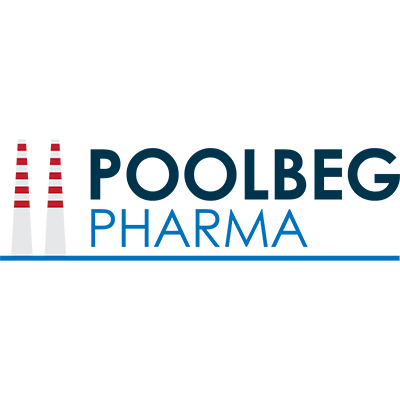Severe influenza is marked by an excessive immune response, which can cause considerable damage to the lungs and affect other organs. This uncontrolled reaction often leads to hospitalisation due to the impact it has on the body’s ability to manage the infection.
POLB 001 is designed to selectively inhibit this overwhelming inflammation seen in severe cases of influenza. Unlike other treatments, such as steroids that suppress both helpful and harmful immune responses, POLB 001 targets only the damaging aspects, leaving the necessary immune functions intact to fight off the virus.
The drug is an orally administered small molecule with excellent bioavailability, showing strong pre-clinical results. It has also demonstrated safety and good tolerability in Phase 1 clinical trials. In addition, its efficacy was confirmed in a Phase 1b human challenge trial, making it a strong candidate for further development and partnership opportunities.
Patent protection for POLB 001 in treating severe influenza extends until at least 2038. Furthermore, there are patent applications for oncology indications filed in 2023, which could provide additional protection up to 2043.
The potential market for POLB 001 is significant, with an estimated 1 billion cases of influenza annually, resulting in 5-10 million hospitalisations and 500,000 deaths worldwide. Current treatments are most effective if administered within the first 48 hours of symptom onset, but their efficacy drops as the disease progresses. In contrast, POLB 001 is strain agnostic and shelf-stable, making it a promising option for stockpiling and broader use.
Research has also investigated POLB 001’s effects on inflammation caused by lipopolysaccharide (LPS) in humans, a model relevant to both severe influenza and immunotherapy-induced cytokine release syndrome (CRS). The study involved administering LPS intravenously and monitoring various markers of inflammation in the blood. Safety, tolerability, and local inflammatory responses were measured, providing further insight into the drug’s effects.
The results from the LPS challenge trial showed that POLB 001 was widely distributed throughout the body, significantly reduced inflammation, and inhibited p38 MAPK activation. The safety profile was confirmed across two clinical studies, with a marked reduction in key inflammatory markers and a clear dose-response relationship observed.
In terms of inhibiting p38 MAPK signalling, POLB 001 effectively engaged the target. It was shown to reduce levels of phosphorylated p38 MAPK in circulating monocytes and to inhibit both in vivo and ex vivo responses to LPS-induced TNF-α, a marker of p38 activity.
POLB 001’s ability to selectively target inflammation, while sparing beneficial immune functions, and its solid safety profile make it a compelling option for the treatment of severe influenza. The drug’s versatility, shelf-stability, and potential for broad use in both influenza and other inflammation-driven conditions, such as CRS, highlight its significance in future therapeutic developments.
Poolbeg Pharma plc (LON:POLB) is a clinical stage infectious disease pharmaceutical company, with a novel capital light clinical model which enables us to develop multiple products faster and more cost effectively than the traditional biotech model.


